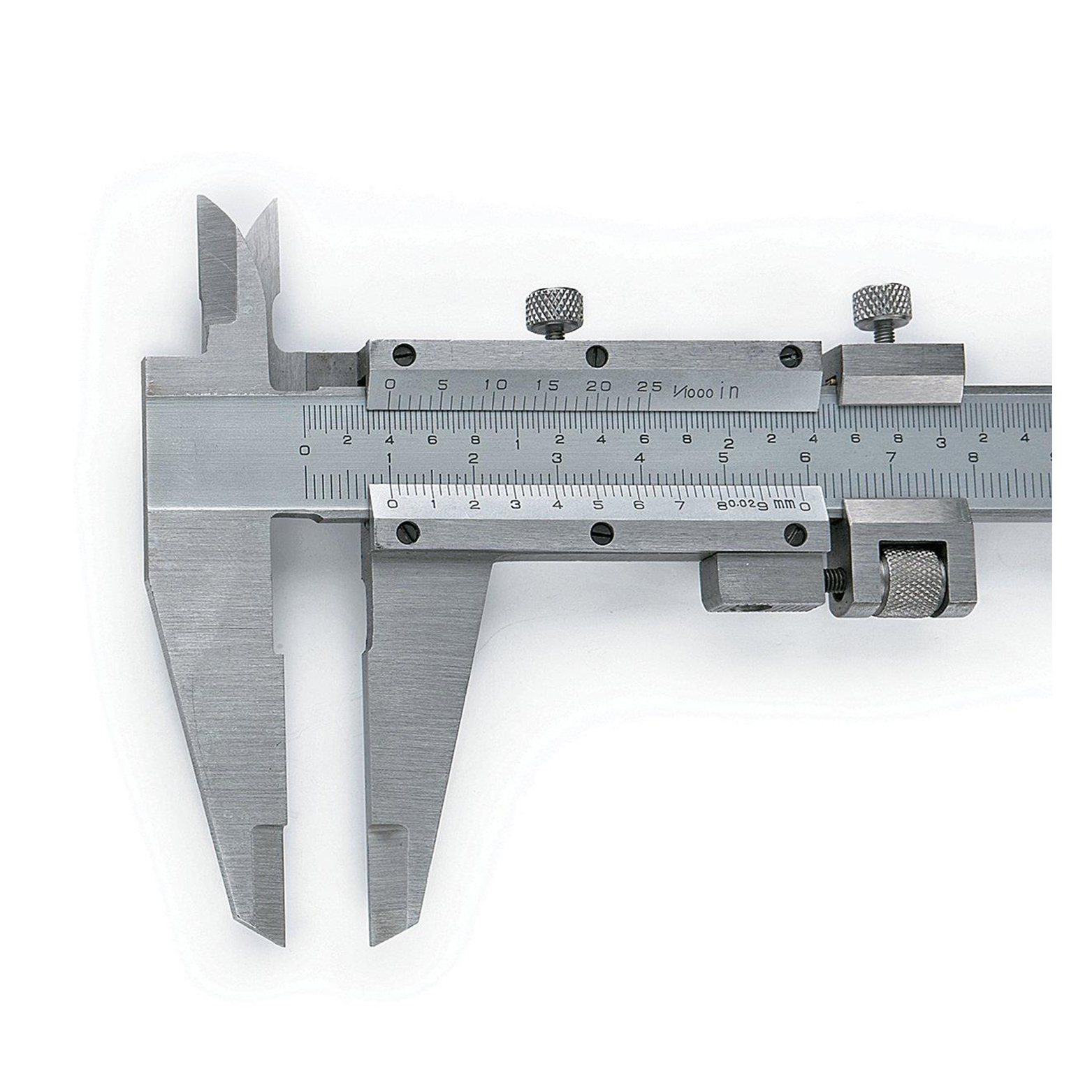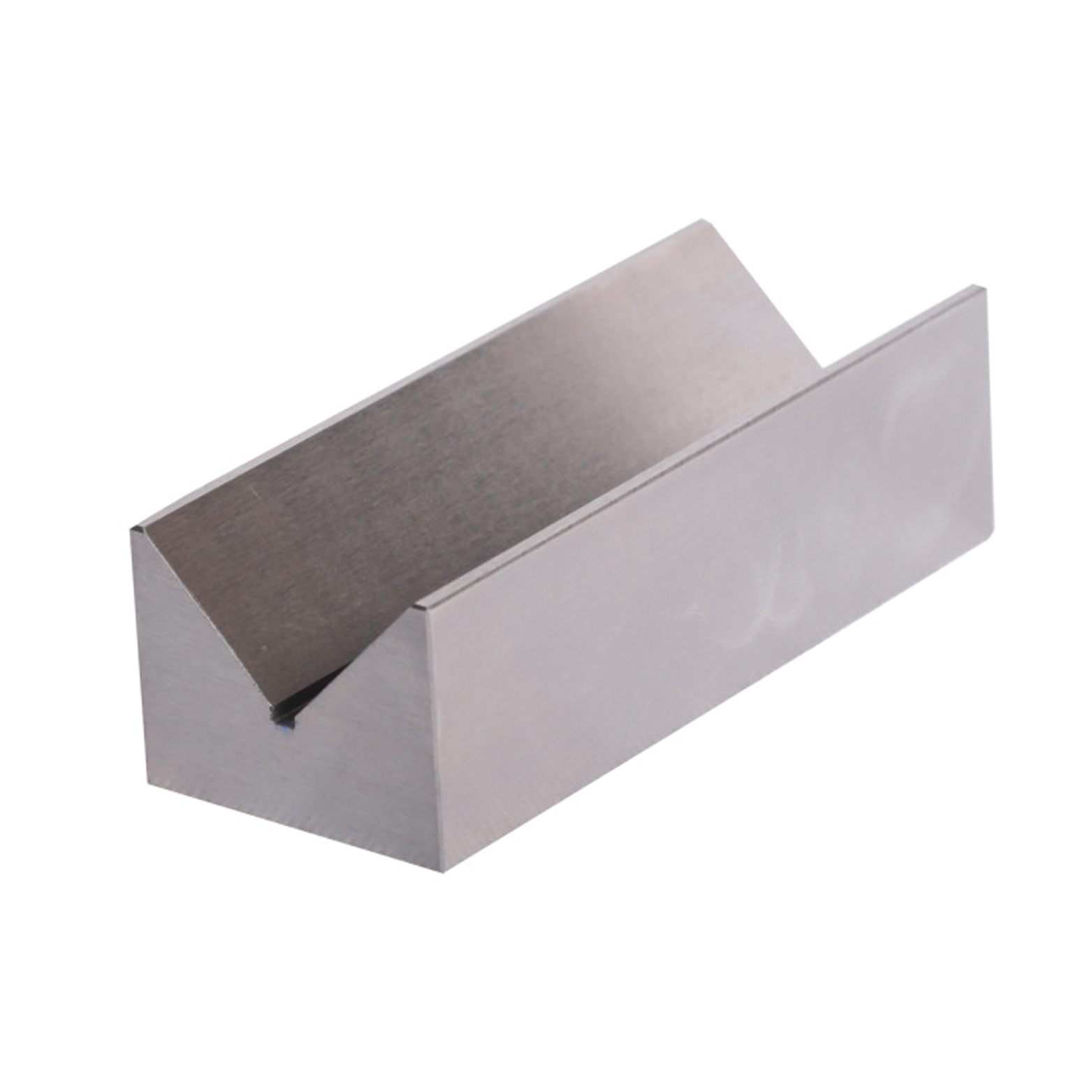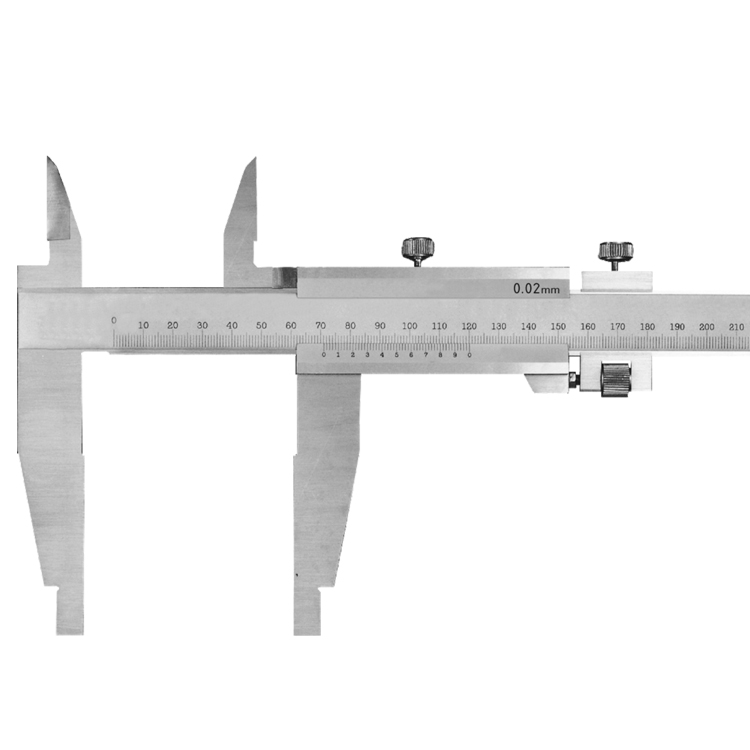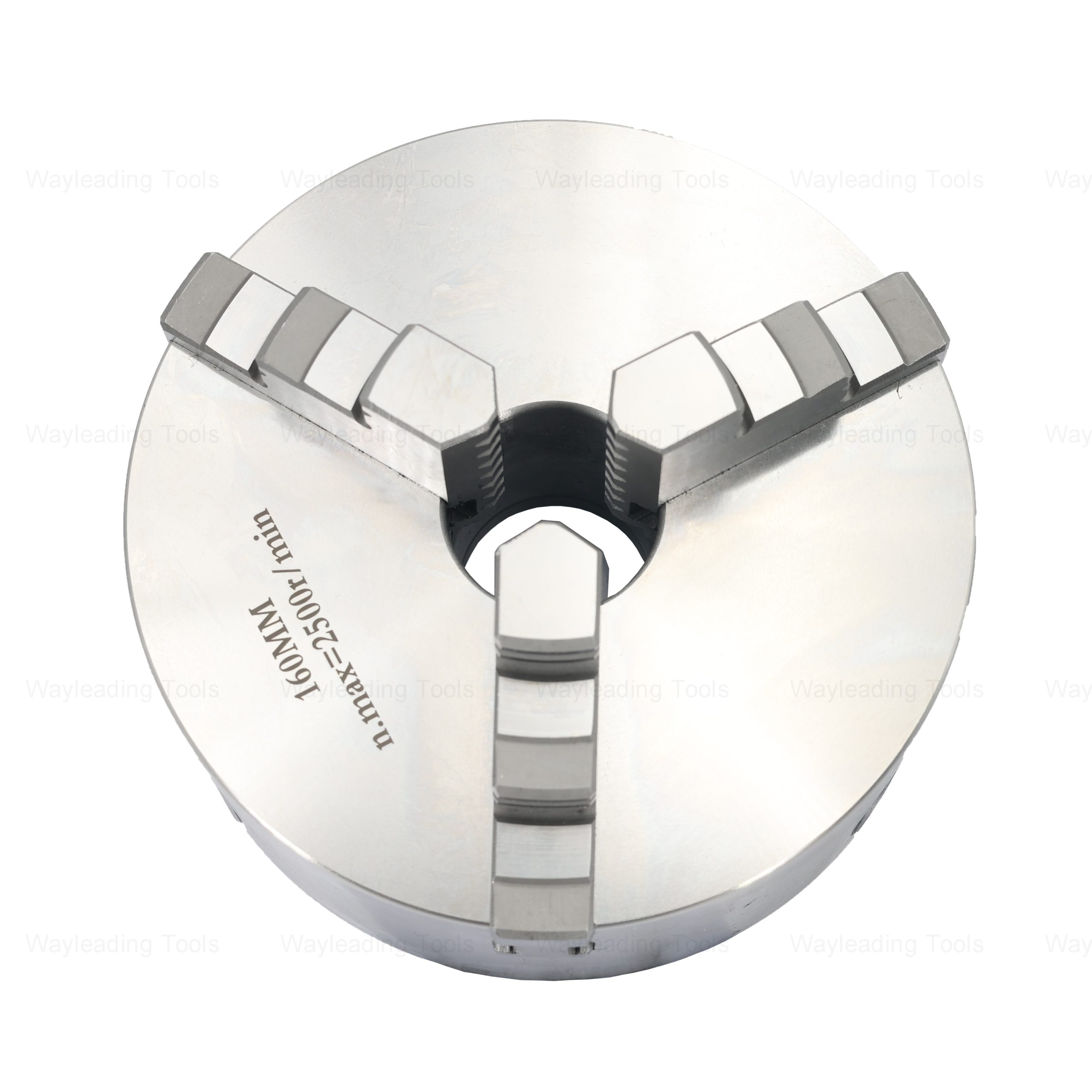mill collet Factories
Discover the leading mill collet factories, exploring key factors to consider when selecting a manufacturer. Learn about different types of collets, materials, manufacturing processes, and quality control measures to ensure you choose the best supplier for your needs. Get practical insights into evaluating factory capabilities, certifications, and customer support.
Understanding Mill Collets
A mill collet is a specialized type of clamping tool used in milling machines to securely hold cutting tools, such as end mills, drills, and reamers. The precision and rigidity of a mill collet are critical for achieving accurate and efficient machining operations. Selecting the right mill collet and a reliable manufacturer is paramount for optimal performance and tool life.
Types of Mill Collets
Several types of mill collets cater to different machining needs. Here's an overview of common types:
- ER Collets: The most widely used type, offering versatility and a wide clamping range. ER collets are available in various sizes (ER8, ER11, ER16, ER20, ER25, ER32, ER40, and ER50) to accommodate different tool diameters.
- R8 Collets: Commonly used in Bridgeport-style milling machines, offering a simple and robust clamping solution.
- 5C Collets: Primarily used in lathes but can also be adapted for milling applications.
- TG Collets: Known for their high gripping force and accuracy, suitable for heavy-duty milling operations.
- DA Collets: Similar to ER collets but with a narrower clamping range, often used for smaller diameter tools.
Materials and Manufacturing Processes
Mill collets are typically made from high-quality spring steel or alloy steel to ensure durability and dimensional stability. Common materials include:
- Spring Steel: Offers excellent elasticity and resistance to deformation.
- Alloy Steel: Provides enhanced strength and wear resistance, suitable for demanding applications.
The manufacturing process typically involves:
- Material Selection: Choosing the appropriate steel grade based on application requirements.
- Machining: Precision machining to create the collet body and internal features.
- Heat Treatment: Hardening and tempering to achieve the desired hardness and toughness.
- Grinding: Precision grinding of the collet surfaces to ensure accurate tool clamping.
- Finishing: Surface treatment to improve corrosion resistance and reduce friction.
Finding the Right Mill Collet Factory
Choosing the right mill collet factory is crucial for obtaining high-quality products and reliable service. Here are key factors to consider:
Factory Capabilities and Expertise
Assess the factory's capabilities in terms of manufacturing equipment, production capacity, and technical expertise. Look for factories that have:
- Advanced CNC Machining Equipment: Ensures precise and consistent manufacturing.
- Experienced Engineers and Technicians: Provides technical support and problem-solving capabilities.
- Quality Control Processes: Implements rigorous quality control measures throughout the manufacturing process.
Quality Control and Certifications
Ensure that the mill collet factory has robust quality control processes in place to guarantee the accuracy and reliability of its products. Look for certifications such as:
- ISO 9001: Demonstrates a commitment to quality management systems.
- CE Marking: Indicates compliance with European safety standards.
- RoHS Compliance: Ensures that the products do not contain hazardous substances.
Product Range and Customization
Consider the factory's product range and ability to provide customized solutions. A good mill collet factory should offer:
- A wide variety of collet types and sizes: To meet diverse machining needs.
- Customization options: To create collets with specific dimensions or features.
- Quick turnaround times: For custom orders.
Customer Support and Service
Evaluate the factory's customer support and service capabilities. A reliable mill collet factory should provide:
- Prompt and helpful communication: To address inquiries and resolve issues.
- Technical support: To assist with product selection and application.
- Warranty and after-sales service: To ensure customer satisfaction.
Top Mill Collet Factories
While a comprehensive list is beyond the scope of this article, here are some examples of reputable mill collet factories known for their quality and reliability:
- **Wayleading Tools**: Specialists in precision tooling, including a wide range of ER collets and custom solutions. See Wayleading Tools for more information.
- **REGO-FIX**: A leading manufacturer of high-precision collet systems and toolholders.
- **SCHUNK**: Known for its innovative clamping technology and automation solutions.
- **Techniks**: Offers a comprehensive range of toolholding products, including collets, chucks, and arbors.
Evaluating Factory Capabilities: A Practical Guide
Here’s a checklist to guide your evaluation of potential mill collet factories:
- Request a factory tour: If possible, visit the factory to assess its facilities and processes firsthand.
- Ask for samples: Request samples of their mill collets to evaluate their quality and performance.
- Review their quality control documentation: Ensure that they have robust quality control procedures in place.
- Check their certifications: Verify that they have relevant certifications such as ISO 9001.
- Read customer reviews: See what other customers have to say about their products and service.
- Inquire about their lead times and pricing: Ensure that they can meet your production needs and budget.
Mill Collet Maintenance and Care
Proper maintenance and care can significantly extend the life of your mill collets. Here are some tips:
- Clean collets regularly: Remove chips and debris to prevent contamination.
- Use the correct tightening torque: Over-tightening or under-tightening can damage the collet.
- Inspect collets for wear and tear: Replace worn or damaged collets promptly.
- Store collets properly: Keep collets in a clean and dry environment to prevent corrosion.
Troubleshooting Common Mill Collet Issues
Here are some common issues that can arise with mill collets and how to address them:
- Tool slippage: Ensure that the collet is properly tightened and that the tool shank is clean and free of debris.
- Poor surface finish: Check that the collet is not damaged or worn and that the tool is properly centered.
- Excessive vibration: Inspect the collet and toolholder for any signs of damage or imbalance.
Conclusion
Choosing the right mill collet factory requires careful consideration of factors such as factory capabilities, quality control, product range, and customer support. By following the guidelines outlined in this article, you can select a reliable supplier that meets your specific machining needs and ensures optimal performance and tool life. Remember that regular maintenance and proper care are essential for maximizing the lifespan of your mill collets.
Data Sheet Example
Below is an example of a data sheet for an ER32 mill collet. Please note that these specifications can vary depending on the manufacturer.
| Parameter | Value |
|---|---|
| Collet Type | ER32 |
| Clamping Range | 2mm - 20mm |
| Material | Spring Steel |
| Hardness | HRC 48-52 |
| Accuracy | 0.015mm (Runout) |
| Application | Milling, Drilling, Reaming |
Data parameters are indicative and can vary by manufacturer. Always refer to the manufacturer's official specifications.
Related products
Related products
Best selling products
Best selling products-
 Precision V Block And Clamps Set With Customized Type
Precision V Block And Clamps Set With Customized Type -
 TCT Annular Cutters With Weldon Shank For Metal Cutting
TCT Annular Cutters With Weldon Shank For Metal Cutting -
 HSS ISO Metric Round Die Wieh Splite Or Adjustable Splite Type
HSS ISO Metric Round Die Wieh Splite Or Adjustable Splite Type -
 Carbide Tipped Hole Cutter For Cutting Stainless Steel And Iron Or Steel Plate
Carbide Tipped Hole Cutter For Cutting Stainless Steel And Iron Or Steel Plate -
 Precision Fine-Adjustment Vernier Caliper Of Metric & Imperial For Industrial
Precision Fine-Adjustment Vernier Caliper Of Metric & Imperial For Industrial -
 ANSI B94 HSS Jobber Length Drill Bits Fully Ground
ANSI B94 HSS Jobber Length Drill Bits Fully Ground -
 Precision V Block Set With Industrial Type
Precision V Block Set With Industrial Type -
 Precision Outside Micrometer Set With digit Counter Of Inch & Metric With Rachet Stop
Precision Outside Micrometer Set With digit Counter Of Inch & Metric With Rachet Stop -
 HSS Metric Taper Shank Twist Drills for High-Precision Metal Cutting
HSS Metric Taper Shank Twist Drills for High-Precision Metal Cutting -
 Precision V Block Set With M Type
Precision V Block Set With M Type -
 5C Square Collet With Inch and Metric Size
5C Square Collet With Inch and Metric Size -
 Type C Cylinder Ball Nose Tungsten Carbide Rotary Burr
Type C Cylinder Ball Nose Tungsten Carbide Rotary Burr











